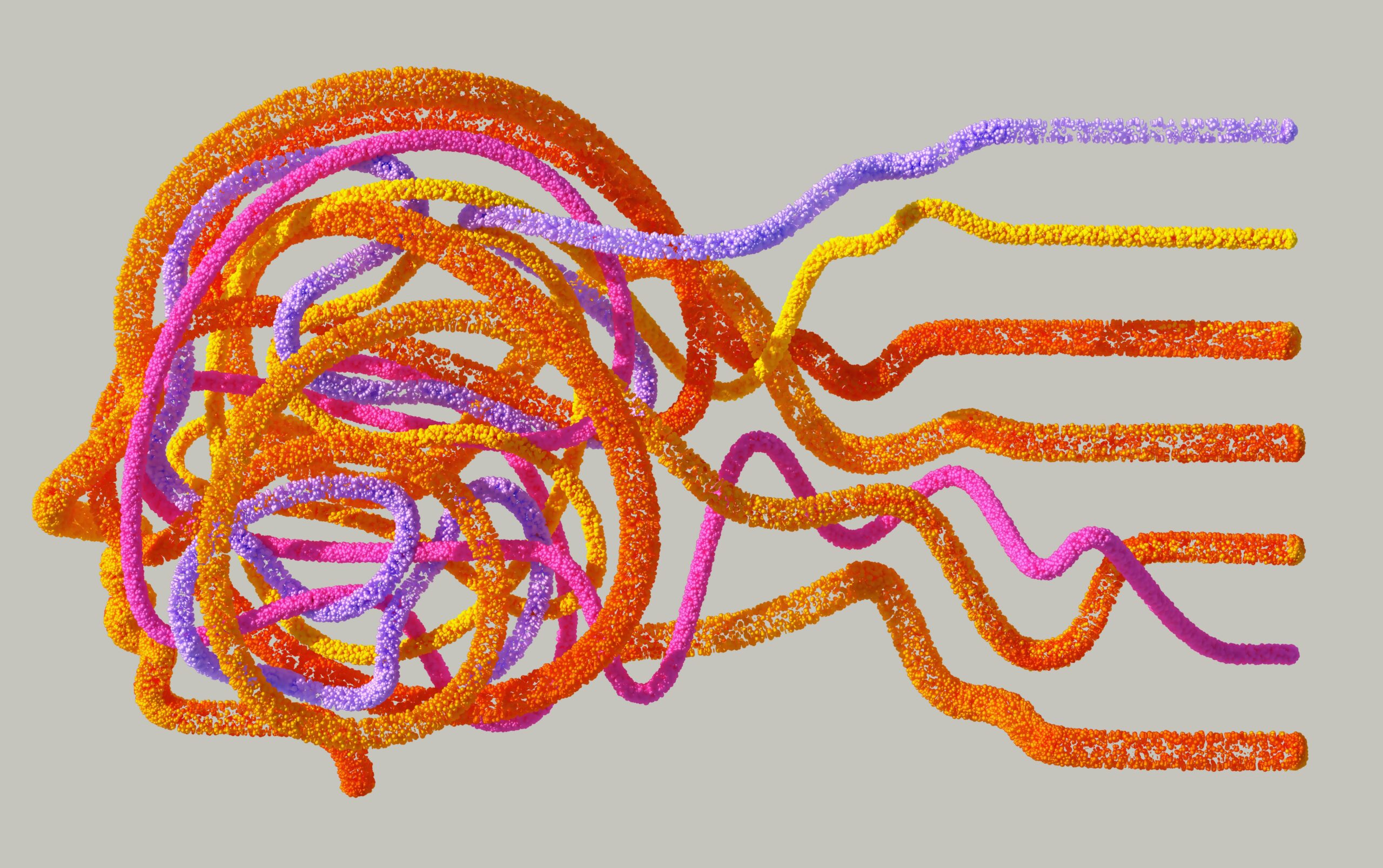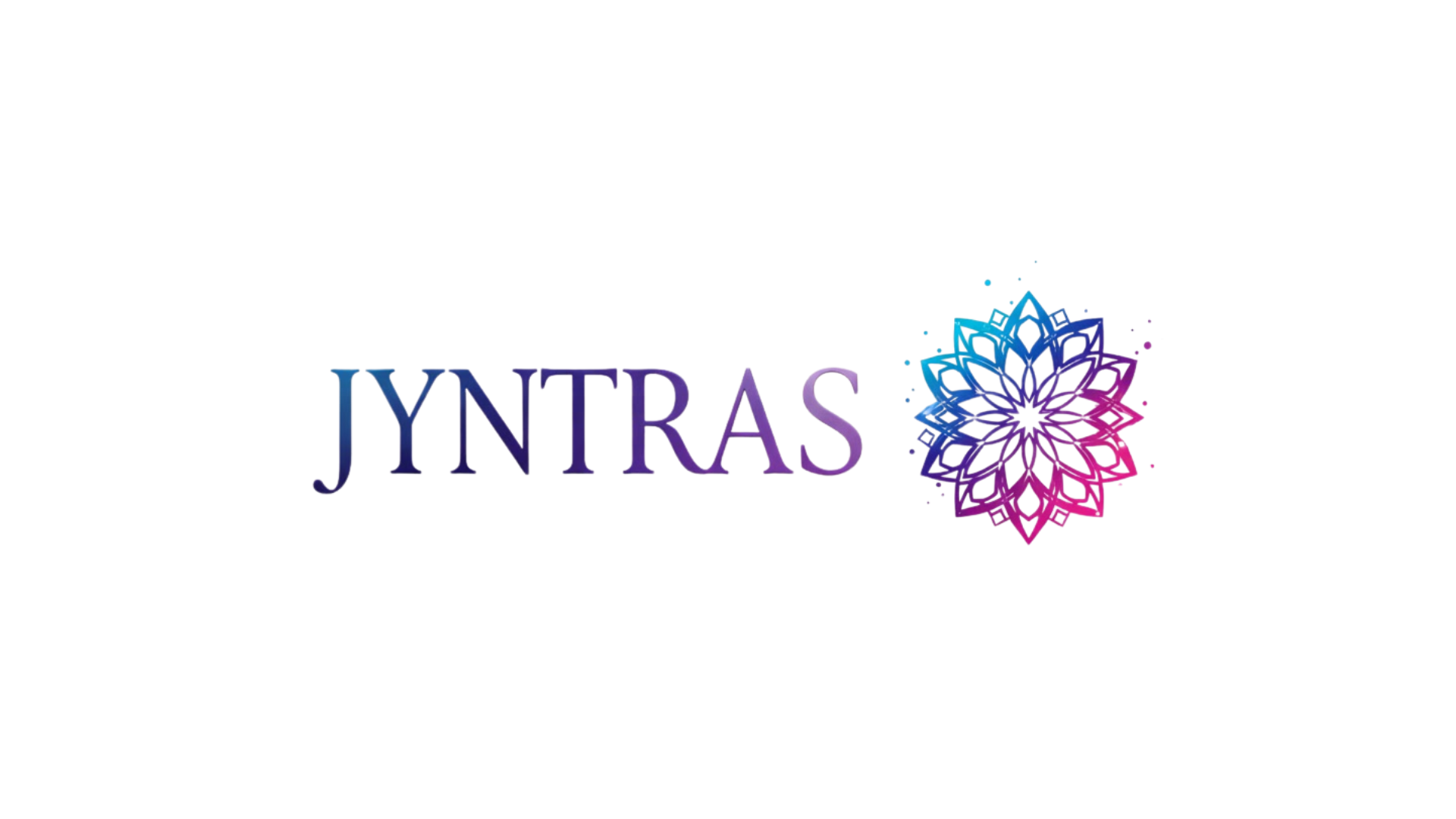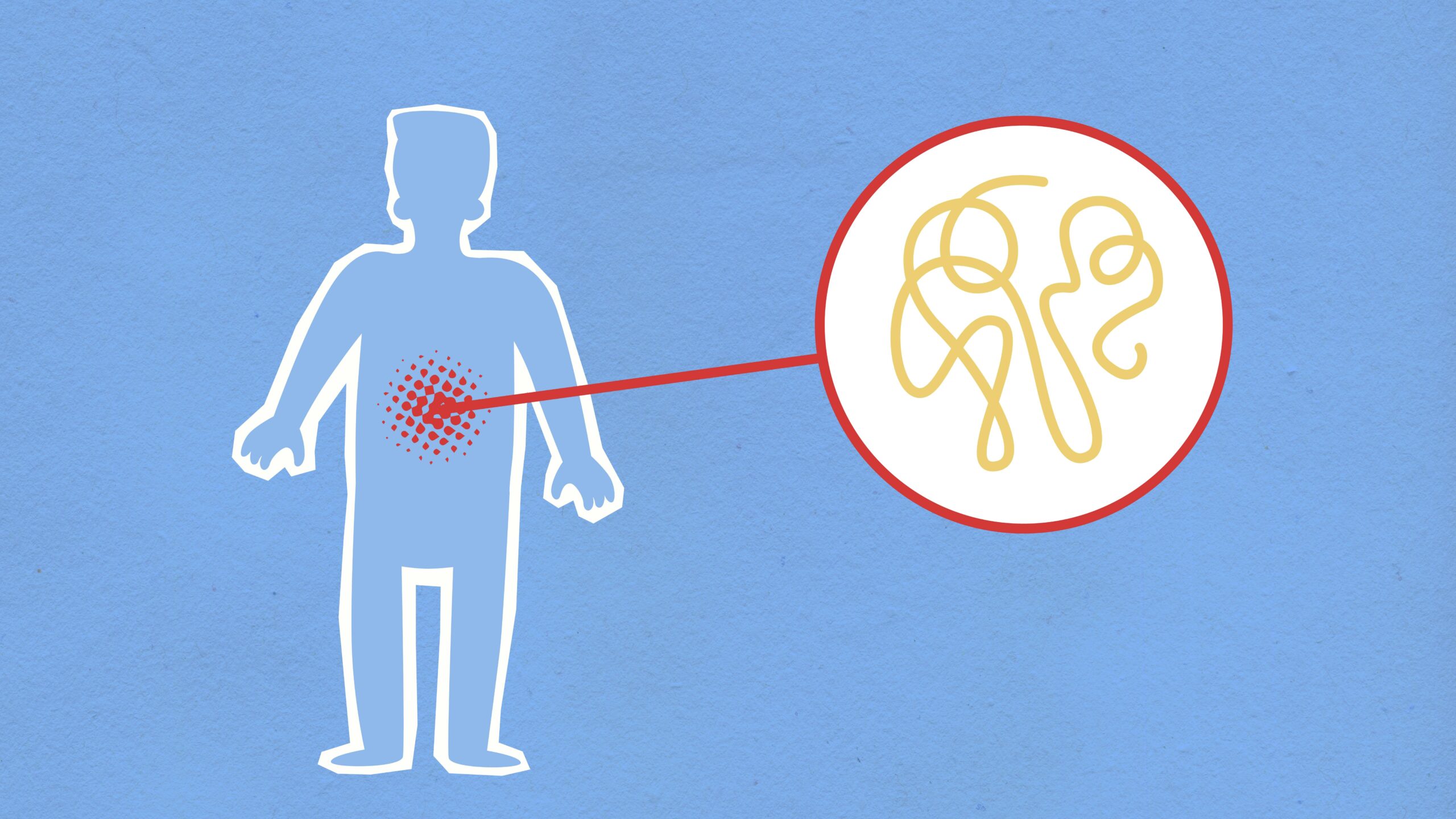The invisible conversation between your gut and brain shapes your mood, immunity, and overall health in ways science is only beginning to fully understand.
🧠 The Gut-Brain Highway: Understanding the Bidirectional Communication System
Your gut and brain are in constant dialogue through what scientists call the gut-brain axis, a complex communication network that operates through neural, hormonal, and immunological pathways. This bidirectional superhighway involves the vagus nerve, neurotransmitters, gut microbiota, and various biochemical signaling molecules that travel between these two critical organs.
The vagus nerve serves as the primary physical connection, transmitting signals in both directions at remarkable speed. Research has shown that approximately 90% of the vagus nerve fibers carry information from the gut to the brain, not the other way around, suggesting that our gut may have more influence on our brain than previously imagined.
What makes this connection even more fascinating is the discovery that our gut contains approximately 100 million neurons, sometimes referred to as the “second brain” or enteric nervous system. This intricate neural network can operate independently of the central nervous system, making decisions about digestion, nutrient absorption, and even producing neurotransmitters that affect our mental state.
🦠 The Microbiome Revolution: Trillions of Tiny Influencers
The gut microbiome consists of trillions of microorganisms, including bacteria, viruses, fungi, and other microbes that reside primarily in your large intestine. These microscopic inhabitants weigh approximately two to five pounds collectively and contain more genetic material than your own human cells.
Recent breakthroughs have revealed that these microorganisms are far from passive residents. They actively produce neurotransmitters, including serotonin, dopamine, and gamma-aminobutyric acid (GABA), which directly influence mood, anxiety levels, and cognitive function. In fact, about 95% of the body’s serotonin is produced in the gut, not the brain.
Scientists have identified specific bacterial strains that appear to have profound effects on mental health. Lactobacillus and Bifidobacterium species, for example, have been shown in multiple studies to reduce symptoms of anxiety and depression. These beneficial bacteria are now being studied as potential “psychobiotics” – live organisms that, when ingested in adequate amounts, produce mental health benefits.
Key Microbial Players in Brain Health
Different bacterial species perform specialized functions that impact neurological health. Faecalibacterium prausnitzii, one of the most abundant bacteria in healthy guts, produces butyrate, a short-chain fatty acid that reduces inflammation and supports the integrity of the blood-brain barrier.
Akkermansia muciniphila, another important species, has been linked to improved metabolic health and reduced neuroinflammation. Studies published in 2023 demonstrated that individuals with higher levels of this bacterium showed better cognitive performance and lower rates of neurodegenerative disease markers.
💊 Breaking News: Revolutionary Discoveries in Gut-Brain Research
The past few years have witnessed an explosion of groundbreaking research that has fundamentally changed our understanding of the gut-brain connection. In 2023 and 2024, several landmark studies have provided compelling evidence for therapeutic interventions based on this axis.
A major study published in Nature Medicine demonstrated that fecal microbiota transplantation (FMT) from healthy donors to individuals with treatment-resistant depression resulted in significant symptom improvement in 60% of participants. This remarkable finding suggests that manipulating the gut microbiome could become a legitimate treatment for psychiatric conditions.
Another breakthrough came from research at Columbia University, which identified a specific bacterial metabolite called 4-ethylphenylsulfate (4EPS) that appears to cause anxiety-like behaviors in mice. When levels of this compound were reduced, anxiety symptoms decreased significantly, opening potential pathways for targeted interventions.
The Inflammation Connection
Chronic low-grade inflammation originating in the gut has emerged as a central mechanism linking gut health to brain disorders. When the gut lining becomes permeable – a condition often called “leaky gut” – bacterial components and inflammatory molecules can enter the bloodstream and eventually reach the brain.
This process triggers neuroinflammation, which has been implicated in depression, anxiety, Alzheimer’s disease, Parkinson’s disease, and multiple sclerosis. Recent research has shown that reducing gut inflammation through dietary interventions or targeted probiotics can significantly decrease neuroinflammatory markers and improve cognitive symptoms.
🍽️ Feeding Your Brain Through Your Gut: Nutritional Breakthroughs
The foods you consume directly impact the composition and function of your gut microbiome, which in turn affects your brain health. Emerging research has identified specific dietary patterns and nutrients that optimize the gut-brain axis.
The Mediterranean diet, rich in fiber, polyphenols, and omega-3 fatty acids, has been shown to promote a diverse and healthy gut microbiome while reducing markers of depression and cognitive decline. A 2024 study found that adherence to this dietary pattern for just eight weeks resulted in measurable improvements in mood and gut microbial diversity.
Fermented foods have gained scientific validation as brain-health boosters. Daily consumption of foods like yogurt, kefir, kimchi, sauerkraut, and kombucha introduces beneficial bacteria while providing metabolites that support neurotransmitter production. A randomized controlled trial demonstrated that consuming six servings of fermented foods daily for ten weeks reduced inflammatory markers and increased microbiome diversity.
Prebiotic Fibers: Feeding Your Mental Health
Prebiotic fibers serve as fuel for beneficial gut bacteria, allowing them to thrive and produce health-promoting compounds. Foods high in prebiotics include garlic, onions, leeks, asparagus, bananas, oats, and Jerusalem artichokes.
Research has shown that prebiotic supplementation can reduce cortisol levels, the stress hormone, while improving emotional processing and reducing anxiety. The mechanism appears to involve the production of short-chain fatty acids, particularly butyrate, which has anti-inflammatory and neuroprotective properties.
🔬 Cutting-Edge Therapeutic Approaches
The pharmaceutical and medical industries are rapidly developing interventions targeting the gut-brain axis. These range from precision probiotics to vagus nerve stimulation devices, representing a paradigm shift in how we approach mental health and neurological conditions.
Precision probiotics, designed to address specific conditions, are currently in clinical trials. Unlike general-purpose probiotics, these formulations contain specific bacterial strains selected for their ability to produce particular neurotransmitters or anti-inflammatory compounds. Early results show promise for conditions including depression, anxiety, autism spectrum disorder, and even Parkinson’s disease.
Vagus nerve stimulation (VNS), once reserved for treatment-resistant epilepsy, is being explored for depression and inflammatory conditions. Non-invasive VNS devices that can be used at home are now available, offering a drug-free option for modulating the gut-brain axis.
Postbiotics: The Next Frontier
While probiotics (live bacteria) and prebiotics (food for bacteria) have received considerable attention, postbiotics – the beneficial compounds produced by gut bacteria – are emerging as a promising therapeutic avenue. These include short-chain fatty acids, peptides, enzymes, and cell wall fragments that exert health benefits without requiring live organisms.
Postbiotic supplements offer advantages including stability, safety for immunocompromised individuals, and precise dosing. Research published in 2024 showed that postbiotic formulations improved cognitive function in elderly participants and reduced markers of neuroinflammation more effectively than traditional probiotic supplements.
🧪 The Stress Connection: How Chronic Stress Damages the Gut-Brain Axis
Chronic stress represents one of the most damaging factors for gut-brain health. When you experience stress, your body releases cortisol and other stress hormones that directly impact gut function, microbial composition, and intestinal permeability.
Studies using advanced imaging techniques have demonstrated that stress causes measurable changes in gut motility, acid secretion, and the gut barrier within minutes. Over time, chronic stress leads to reduced microbial diversity, increased populations of harmful bacteria, and elevated inflammatory markers that reach the brain.
The relationship is bidirectional: an unhealthy gut also increases vulnerability to stress and anxiety. This creates a vicious cycle where stress damages the gut, which then produces signals that make the brain more reactive to stress. Breaking this cycle requires interventions targeting both psychological stress management and gut health restoration.
👶 Early Life Programming: The Critical Window
Research has revealed that the gut-brain axis begins developing before birth and that early-life experiences profoundly shape this system for decades to come. The method of birth (vaginal versus cesarean), feeding practices (breastfeeding versus formula), antibiotic exposure, and early diet all influence gut microbiome development and, consequently, brain development.
Infants born via cesarean section have different gut microbial compositions compared to those born vaginally, with potential implications for immune system development and neurodevelopmental outcomes. However, recent interventions such as “vaginal seeding” and targeted probiotic supplementation are being studied to help compensate for these differences.
Breastfeeding provides not only nutrition but also human milk oligosaccharides (HMOs), which serve as prebiotics specifically designed to nourish beneficial infant gut bacteria. These compounds cannot be digested by the infant but selectively feed bacteria like Bifidobacterium, which produce compounds supporting brain development.
🎯 Practical Strategies to Optimize Your Gut-Brain Connection
Translating research into actionable steps allows you to actively support your gut-brain axis. These evidence-based strategies can be implemented immediately to promote better mental and neurological health through gut optimization.
- Diversify your diet with at least 30 different plant foods weekly to promote microbial diversity
- Include fermented foods daily to introduce beneficial bacteria and their metabolites
- Consume adequate prebiotic fiber from vegetables, fruits, legumes, and whole grains
- Limit ultra-processed foods, artificial sweeteners, and excessive sugar that harm gut bacteria
- Manage stress through meditation, yoga, deep breathing, or other evidence-based techniques
- Prioritize sleep quality, as sleep deprivation disrupts gut microbial rhythms
- Exercise regularly, which increases beneficial bacteria and improves gut-brain signaling
- Consider targeted probiotic supplementation under professional guidance
- Minimize unnecessary antibiotic use while recognizing their importance when medically needed
- Stay hydrated to support the mucosal lining of the intestines
🔮 The Future of Gut-Brain Medicine
The field of gut-brain axis research is advancing at an unprecedented pace, with new discoveries emerging monthly. Artificial intelligence and machine learning are now being applied to massive microbiome datasets, revealing patterns and relationships that would be impossible to detect through traditional analysis.
Personalized microbiome medicine is becoming a reality, with companies offering detailed gut microbiome analysis and customized recommendations. While still in early stages, this approach promises to deliver precisely targeted interventions based on an individual’s unique microbial composition and health status.
Gene editing technologies like CRISPR are being explored for engineering beneficial bacteria with enhanced capabilities to produce specific neurotransmitters or anti-inflammatory compounds. While ethical and safety considerations remain, these technologies could revolutionize treatment for neurological and psychiatric conditions.

🌟 Your Gut as the Gateway to Brain Health
The gut-brain connection represents one of the most exciting frontiers in medical science, bridging the gap between gastroenterology, neurology, psychiatry, and immunology. The emerging understanding that your gut microbiome profoundly influences your thoughts, emotions, and neurological health challenges the traditional separation of mental and physical health.
Every meal you eat, every stress management technique you practice, and every lifestyle choice you make impacts the trillions of microorganisms in your gut, which in turn influence your brain function. This knowledge empowers you to take concrete actions that support both gut and brain health simultaneously.
As research continues to unveil the intricacies of this remarkable biological communication system, the potential for new treatments and preventive strategies expands. The future of mental health treatment may very well begin in the gut, with interventions that harness the power of the microbiome to heal the mind.
By understanding and nurturing your gut-brain axis, you’re not just supporting digestive health – you’re investing in your cognitive function, emotional resilience, and long-term neurological wellness. The conversation between your gut and brain never stops, and now you have the knowledge to make sure it’s a healthy one.
Toni Santos is a deep-biology researcher and conscious-evolution writer exploring how genes, microbes and synthetic life inform the future of awareness and adaptation. Through his investigations into bioinformatics, microbiome intelligence and engineered living systems, Toni examines how life itself becomes a field of awakening, design and possibility. Passionate about consciousness in biology and the evolution of living systems, Toni focuses on how life’s architecture invites insight, coherence and transformation. His work highlights the convergence of science, philosophy and emergent life — guiding readers toward a deeper encounter with their living world. Blending genetics, systems biology and evolutionary philosophy, Toni writes about the future of living systems — helping readers understand how life evolves through awareness, integration and design. His work is a tribute to: The intertwining of biology, consciousness and evolution The emergence of microbial intelligence within and around us The vision of life as designed, adaptive and self-aware Whether you are a scientist, thinker or evolving being, Toni Santos invites you to explore the biology of tomorrow — one gene, one microbe, one awakening at a time.




